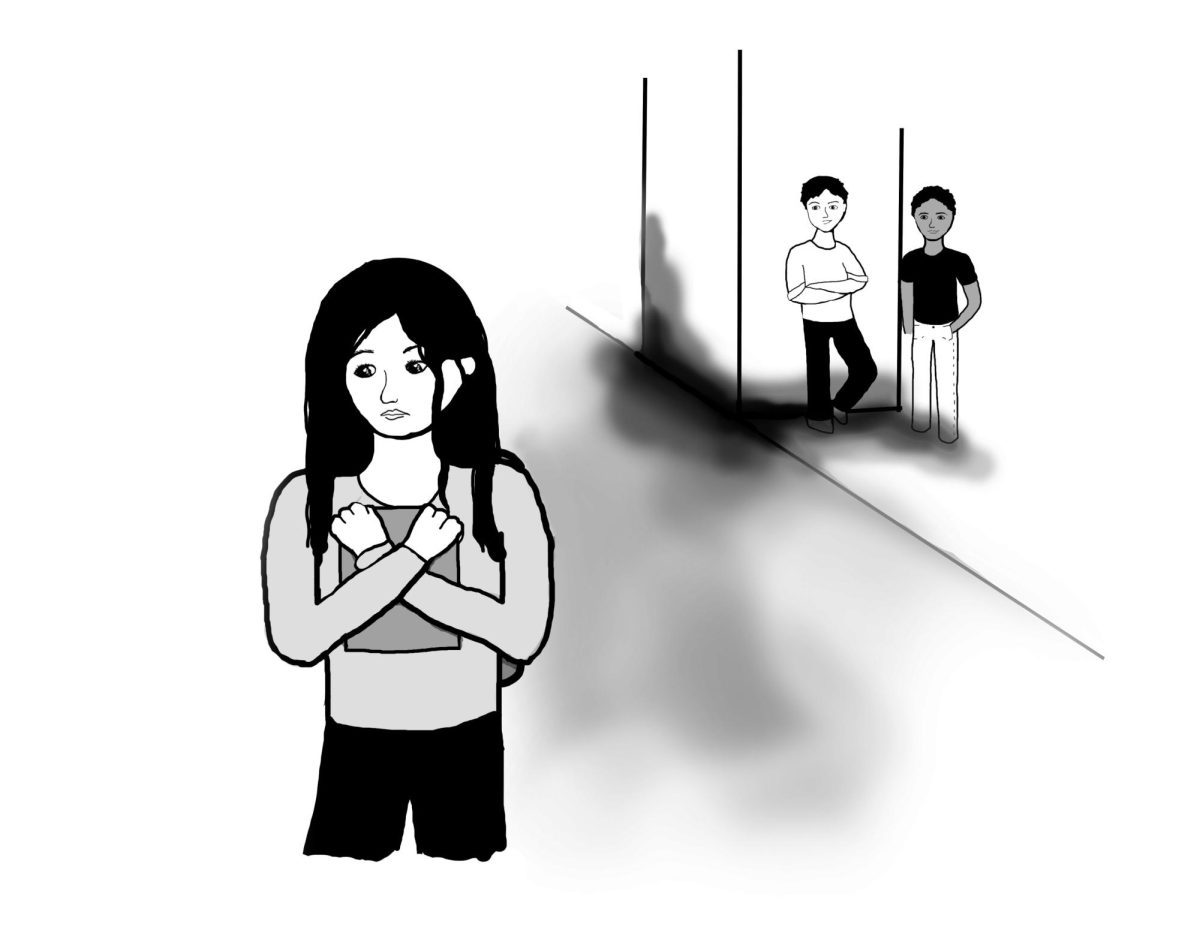With the arrival of spring comes pollen, and soon people will be sneezing left and right. Pollen from grass and trees is the main cause of allergies during springtime, and pollen from flowers can spark a reaction in those who are actively gardening.
People are affected by allergies year round, but once spring rolls around, the number of people with itchy eyes and runny noses seems to increase. These allergies result from the pollen in the air.
According to Ellen Collette, Director of Welty Health Center, few students come in with severe symptoms. However, there are cases in which people experience long-term allergies.
“Students here are often from somewhere other than Eastern Washington, so the first year they come here they haven’t made antibodies yet to the grass pollens that are here,” said Collette
“The trees that are in their hometowns may be different from the ones that are here. But then the next year they might have enough antibodies to start having symptoms,” she added.
Students and other individuals new to campus may have suffered from hay fever, or other allergies common to their hometown, however they will not initially display allergy symptoms in a new location. Once immune systems grow used to the surroundings, they will begin to produce antibodies that cause them to have allergic reactions to the trees or grasses specific to their new surroundings.
Since a lot of the sources of allergies can not be avoided, especially the pollen which causes springtime allergies, there are multiple options for students who experience ongoing allergy symptoms.
According to Collette, over-the-counter anti-histamines and decongestants are given to students who experience short-term exposure. A stop at Safeway for Claritin, Zyrtec or Allegra can also provide fast relief.
“If it’s enough to want to do something about it then Claritin or the other two generic brands are a source of quick comfort,” said Collette.
If students come in with more severe symptoms, the health center will give them a prescription for pills that stop inflammation and runny nose for the long term. However, this solution has side-effects and should not be used unnecessarily. An over-the-counter nasal spray is also sometimes provided.
In extreme cases, individuals can be put on a steroid which, according to Collette, is a shot that lasts three months and effectively reduces inflammatory responses. Walla Walla does have one allergist that students can go see if they feel that they need to get allergy shots, or need further guidance in treating allergies. Collette advises checking to make sure that insurance will cover the doctor before going to see him.
“Most of the time they will either use a patch or a scratch test. Either way, they apply to the skin or scratch into the skin protein, the antibodies that people are allergic to, the specific protein that triggers their allergies. It stays there for a specifed amount of time and check to see where the local inflammation is.”
Allergy shots can be given to those who really do not feel like they can handle their allergies. However, the shots only provide protection against the pollen produced from local grasses and trees, so they will not be as effective in a different environment.
“Students can [also] come here and get their allergy shots continued. We ask that their doctor at home make very clear instructions. We do charge a nominal fee for it. Can come in when the doctor is there on the weekdays or they can find out when I am in and come in when I’m here,” said Collette.
Allergy shots work in a similar way to all vaccinations. Small amounts of the protein causing the allergy will be added to an individual’s body and eventually their reactions will start to decrease.
Allergies arise when proteins from pollen get into the blood stream and antibodies find them, causing the release of histamine, which then leads to inflammation. Wherever the protein is in the body is where symptoms will appear. When an individual has a runny nose, it is a result of protein entering through the nose. People with more active immune systems will have stronger allergies.
Another source of allergies in the local area can be found at Palouse Falls, where poison oak is abundant. The rash that results from this plant is due to Contact Dermatitis, which occurs when simply touching something causes an allergic reaction.
See how this page looked in print. Click below for a larger version









